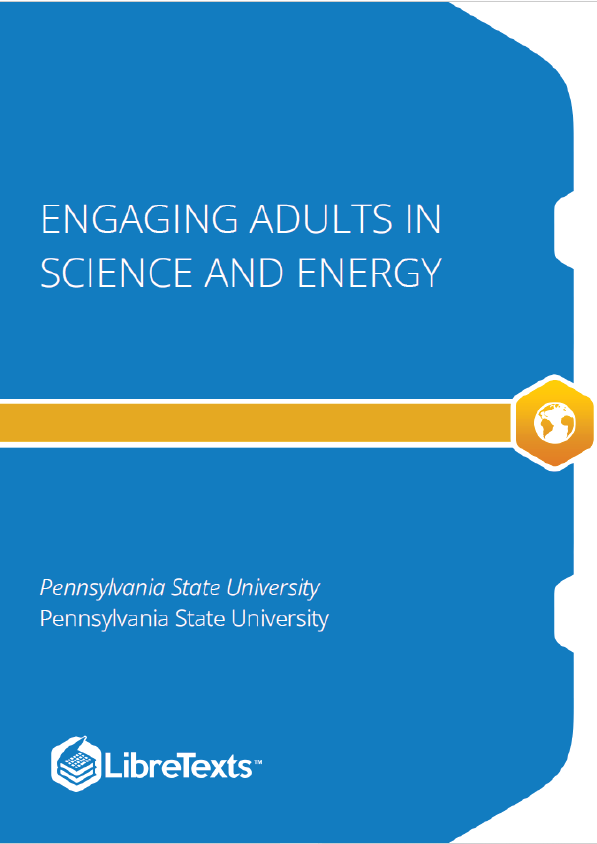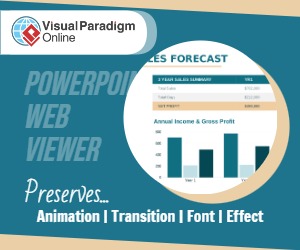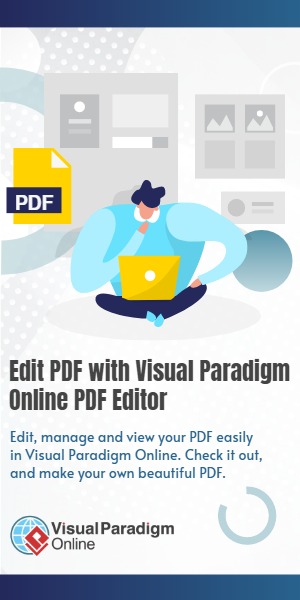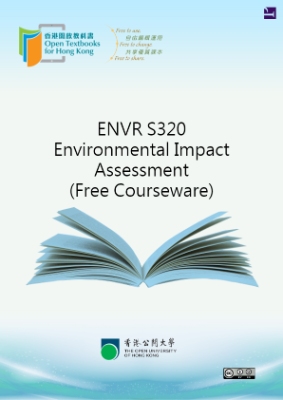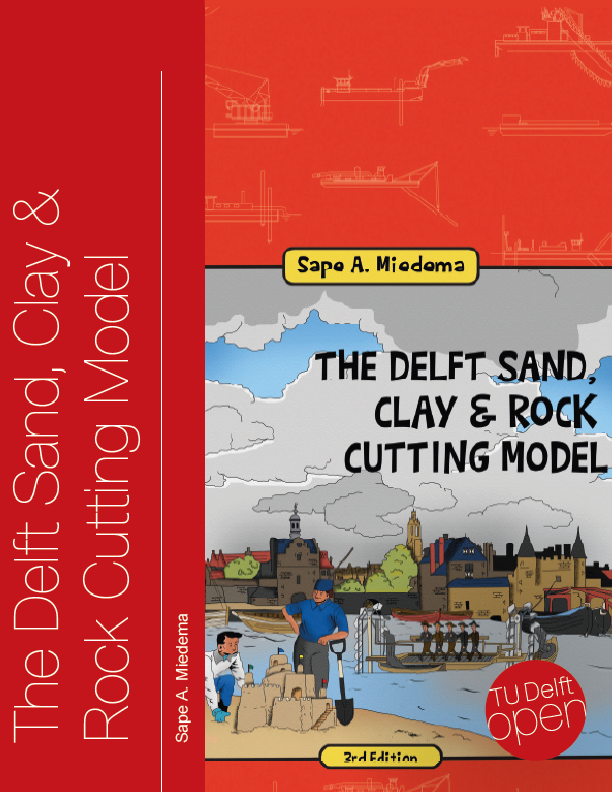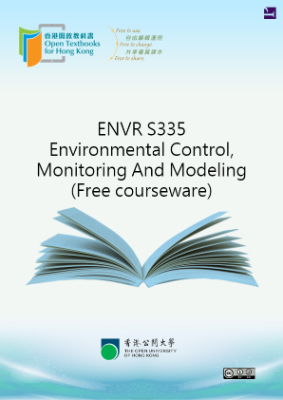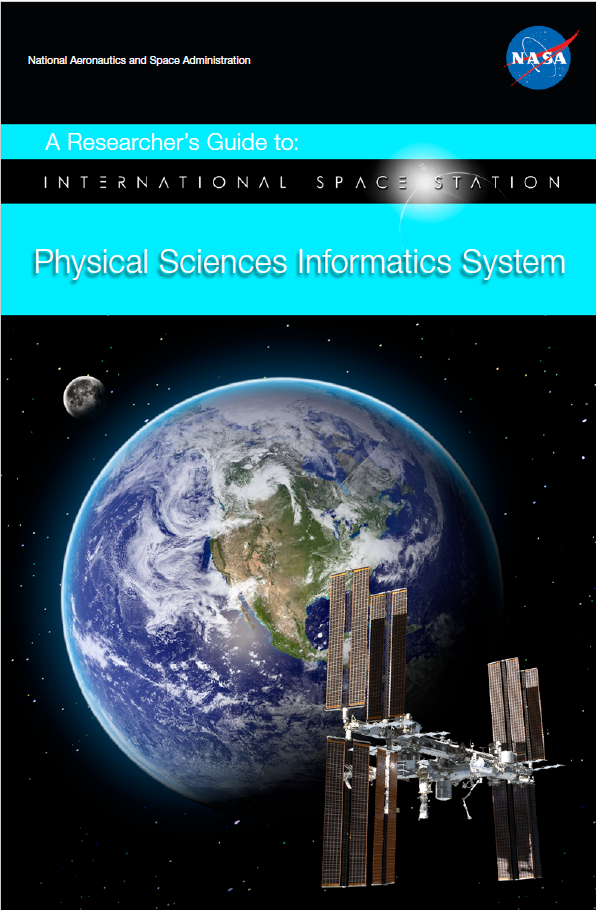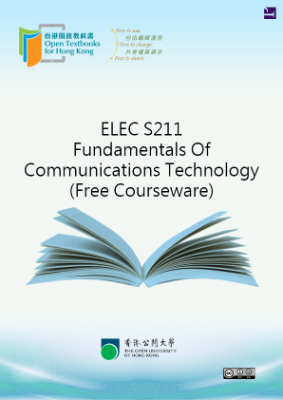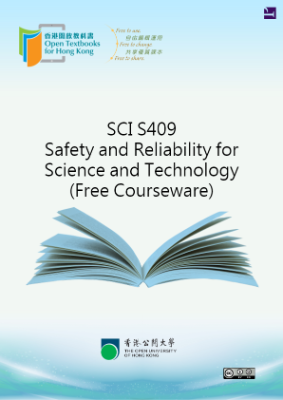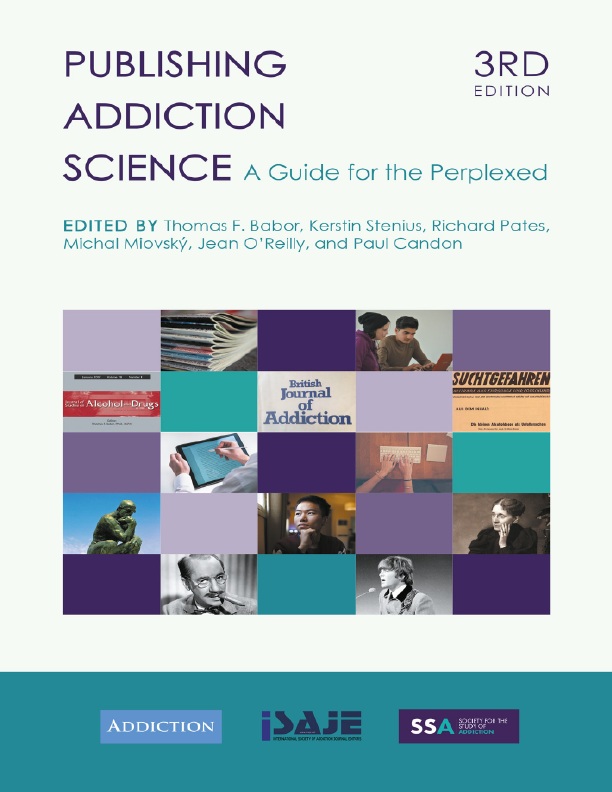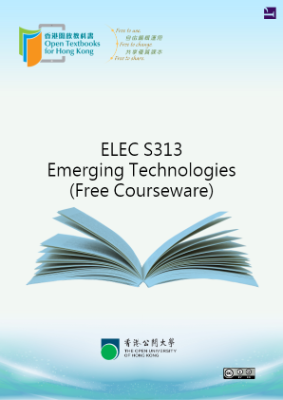Process of Science
The Process of Science
Understanding the process of science is critical to understanding what science can and cannot say. Science is a process of exploration and discovery. Science is not static but can change and deepen with new evidence. In this lesson, you will learn about the way scientists build consensus, deal with uncertainty, determine correlation vs. causation, present evidence and conclusions, and the language of science.
Learning Outcomes
By the end of this lesson, you should be able to:
- understand program goals, requirements, and the rules of engagement.
- identify the components of the scientific process.
- differentiate between what science can and can’t say.
- evaluate assumptions and their importance to interpretations/conclusions (general and specific, related to data).
So what is NOT science?
Science is not a collection of static facts. Facts are knowledge about how our world works produced by science, but science itself is the process of exploration and discovery about how the world works. Science involves asking questions, formulating ideas, making observations, gathering and interpreting data, challenging assumptions, and revising ideas based on the data.
Science is not conducted in an arbitrary and uncontrolled manner. It is systematic and requires careful, deliberate and organized procedures.
Science is not a process that results in definitive answers. Scientific ideas and understanding can change and deepen with new evidence. Advances in technology may offer new insight that leads to modification of scientific ideas and understanding. For example, though the idea that continents once fitted together and were torn apart was first proposed in the 16 century, it was the advent of seismometers and magnetometers in the 1950s and 60s that provided the insight which eventually led to the theory of plate tectonics that was only widely accepted by the geologic community in the 1970s.
Science is not about proving truth. “Science is not about immutable laws but provisional explanations that get revised when a better one comes along,” says Daniel Willingham, a professor of psychology at the University of Virginia (Willingham, 2011). That revision is not a weakness but a strength, he adds, as acknowledging and accepting new data strengthens those explanations.
Science is not quick. The development of scientific knowledge usually takes a long time. Scientists spend a lot of time rechecking and duplicating their observations, carefully writing up their results and then publishing them. Science also is iterative—meaning it circles back on itself so that useful ideas are built upon and used to learn even more. This often means that successive investigations of a topic lead back to the same question, but at deeper and deeper levels. Consider our knowledge of how biological inheritance works. In the mid-1800s, Gregor Mendel showed that inheritance is particulate—that is, characteristics are passed along in discrete chunks. In the early 1900s, Walter Sutton and Theodor Boveri (among others) helped show that those particles of inheritance, today known as genes, were located on chromosomes. Experiments by Frederick Griffith, Oswald Avery, and many others soon elaborated on this understanding by showing that it was the DNA in chromosomes which carries genetic information. And then in 1953, James Watson and Francis Crick, again aided by the work of many others, provided an even more detailed understanding of inheritance by outlining the molecular structure of DNA. Still later in the 1960s, Marshall Nirenberg, Heinrich Matthaei, and others built upon this work to unravel the molecular code that allows DNA to encode proteins. And it doesn’t stop there. Biologists have continued to deepen and extend our understanding of genes, how they are controlled, how patterns of control themselves are inherited, and how they produce the physical traits that pass from generation to generation.
